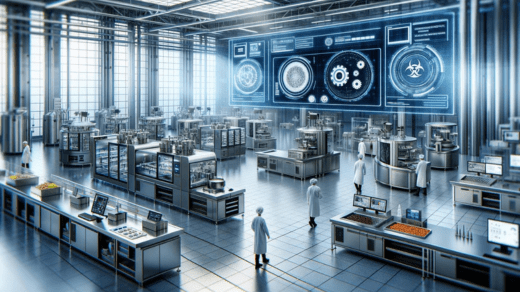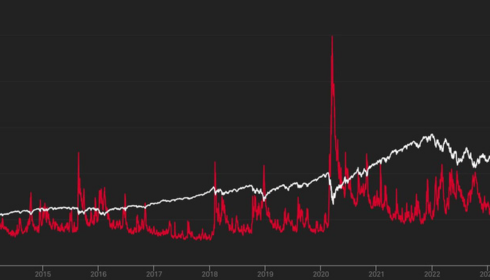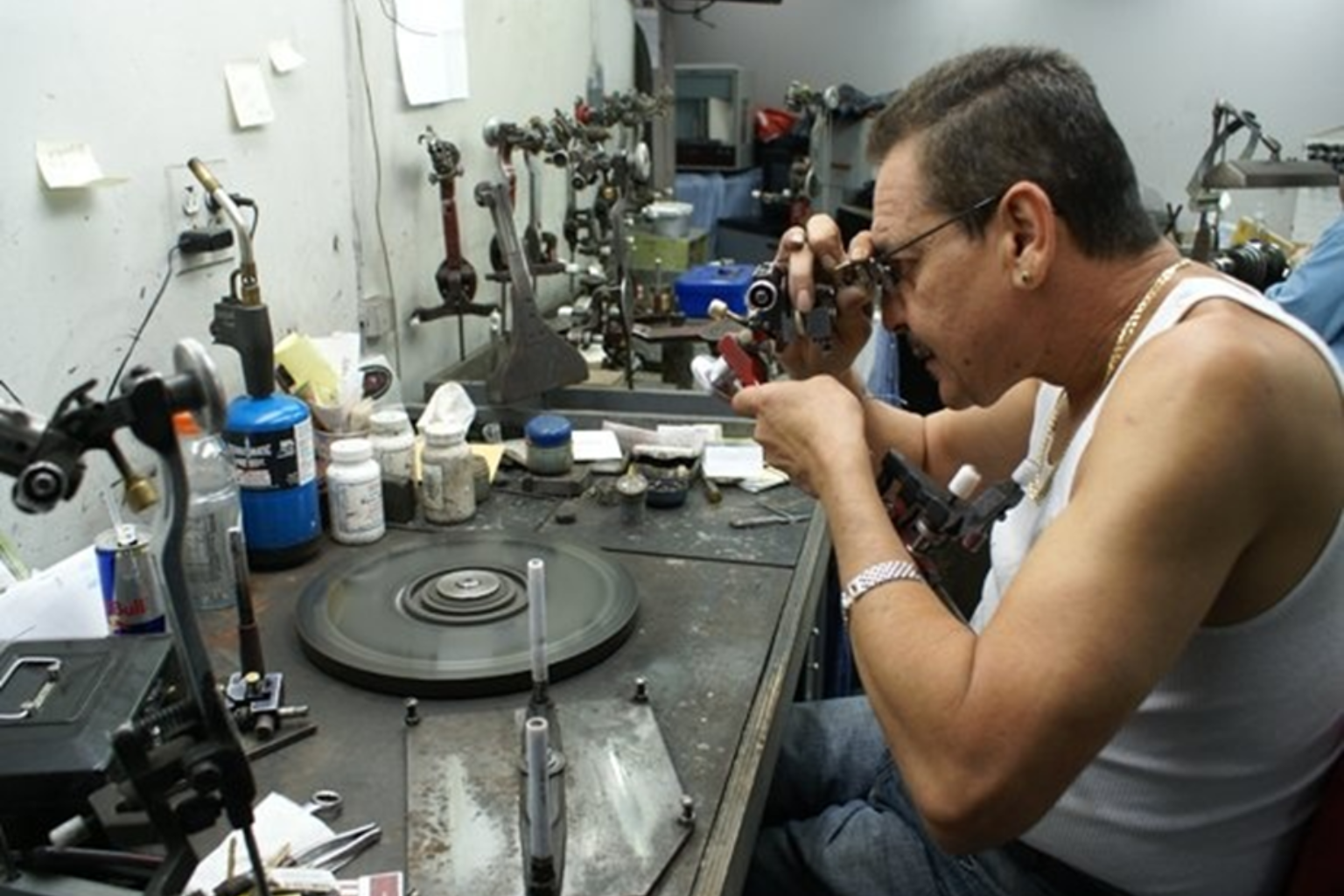
In today’s fast-paced world, where culinary preferences are constantly evolving, food technology stands at the forefront of innovation, shaping the way we produce, process, and consume food. From farm to fork, the integration of technology has revolutionized every aspect of the food industry, leading to enhanced efficiency, improved safety standards, and an expanded array of culinary possibilities.
Evolution of Food Technology
Historical Background
The journey of food technology traces back to ancient civilizations, where preservation techniques like drying, salting, and fermentation were employed to prolong the shelf life of perishable goods. Over centuries, advancements in science and technology led to the development of modern food processing techniques, such as canning, pasteurization, and freezing, during the industrial revolution.
Modern Advancements
In recent decades, the advent of digitalization, biotechnology, and nanotechnology has propelled food technology to new heights. From precision agriculture to 3D food printing, the contemporary food industry embraces cutting-edge innovations to meet the demands of a growing population while minimizing environmental impact.
Importance of Food Technology Equipment
Enhancing Efficiency
Food technology equipment plays a pivotal role in streamlining production processes, from farm to factory. Automated machinery, smart sensors, and data analytics optimize resource utilization, reduce waste, and ensure consistent product quality on a large scale.
Ensuring Safety and Quality
In an era marked by food safety concerns and stringent regulations, advanced equipment such as UV sterilizers, X-ray inspection systems, and HACCP-compliant machinery mitigate risks of contamination and uphold food safety standards from the production line to the consumer’s plate.
Key Players in Food Technology
Manufacturers
Leading manufacturers of food technology equipment are at the forefront of innovation, continuously developing state-of-the-art machinery tailored to the evolving needs of the food industry. From food processing to packaging solutions, these companies drive efficiency, sustainability, and profitability across the supply chain.
Suppliers
Suppliers of food technology equipment serve as vital partners, offering a diverse range of products and services to food processors, manufacturers, and retailers. Whether sourcing machinery, ingredients, or packaging materials, these suppliers play a crucial role in facilitating seamless operations and ensuring product integrity.
Trends in Food Technology
Sustainable Practices
With growing concerns over environmental sustainability, the food industry is embracing eco-friendly practices, such as renewable energy sources, biodegradable packaging, and waste reduction strategies, to minimize its carbon footprint and promote a more sustainable future.
Automation and Robotics
Advancements in automation and robotics are revolutionizing food production, from automated harvesting and sorting in agriculture to robotic arms and cobots in manufacturing facilities. These technologies enhance efficiency, precision, and safety while reducing labor costs and improving scalability.
Novel Ingredients
The exploration of novel ingredients, such as plant-based alternatives, cultured meat, and edible insects, reflects a shift towards healthier, more diverse food options. Food technologists are harnessing biotechnology and culinary creativity to develop innovative products that cater to evolving consumer preferences.
Challenges in Food Technology
Regulatory Compliance
Navigating the complex landscape of food regulations and compliance standards presents a significant challenge for food technologists. Adhering to strict quality control measures, labeling requirements, and food safety guidelines is essential to ensure consumer trust and regulatory compliance.
Consumer Perception
Changing consumer preferences, dietary trends, and cultural influences pose challenges for food technologists seeking to innovate while meeting market demands. Building consumer trust through transparent labeling, ethical sourcing, and engaging storytelling is crucial in shaping positive perceptions of food technology.
Future Outlook
As we look ahead, the future of food technology holds immense promise and potential for transformative change. From personalized nutrition solutions to cellular agriculture and space farming, the convergence of technology, science, and culinary artistry will continue to redefine the way we grow, produce, and experience food.
Conclusion
In conclusion, food technology is a driving force behind the modern food industry, enabling innovation, sustainability, and safety at every stage of the food supply chain. With ongoing advancements and collaborations across disciplines, food technologists are poised to address global challenges and create a more resilient, nutritious, and delicious food future.








